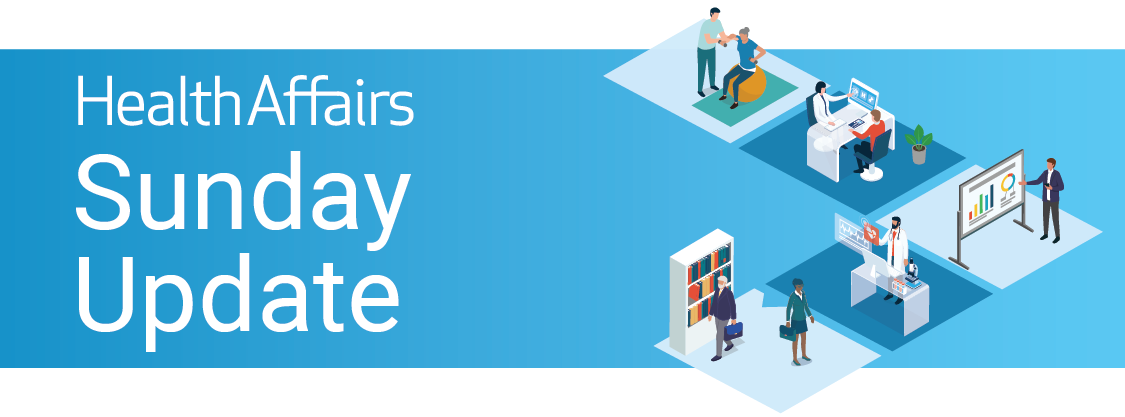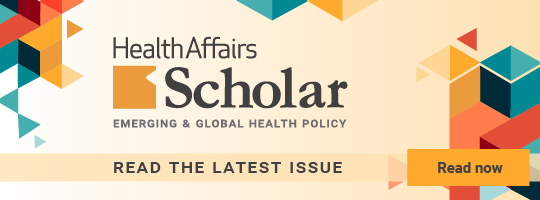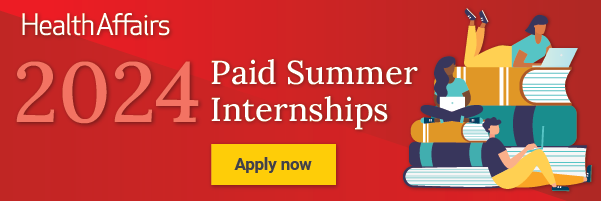February’s issue of Health Affairs Scholar features two papers centered around Africa.
Damazo T. Kadengye and Agnes N. Kiragga call for institutions operating longitudinal population study (LPS) sites to adopt a learning health system approach to facilitate increased knowledge generation and collaboration across stakeholder groups in Africa.
A Policy Inquiry by Danielle Poulin and coauthors provides recommendations for policy makers to address the high rates of infant and neonatal mortality in Ghana, which persist despite efforts to improve financial accessibility to care.
The authors suggest that a systems approach is needed to minimize barriers to pre- and post-natal care, including investment in medical facility and transportation infrastructure, increased workforce development, and improvement in claims reimbursement.
The issue also includes two Editor's Choice papers:
A study by Shelley A. Jazowski and colleagues explores how individuals aging into Medicare account for prior serious illnesses or current medical conditions when selecting a plan.
The study revealed that individuals with a self-reported history of cancer were more likely to choose a plan with robust benefits, indicating a preference for the financial protections and comprehensive care networks of Medicare plus supplemental coverage.
The authors conclude that policymakers should focus efforts on enhancing older adults’ general knowledge of Medicare benefits to help individuals select plans that meet their current and future health needs.
Megan L. Kavanaugh and Amy Friedrich-Karnik draw on survey data representative of reproductive-age women across four states to examine how the overturning of Roe v. Wade has impacted contraceptive access.
Their findings emphasize the growing struggle of health care systems to meet people’s reproductive needs, particularly among those who already face higher barriers to accessing care.






